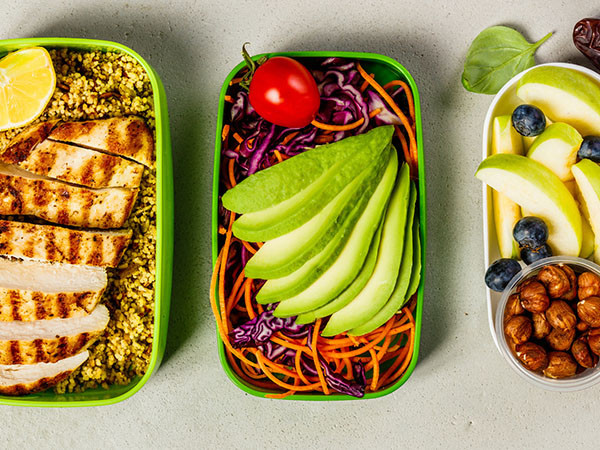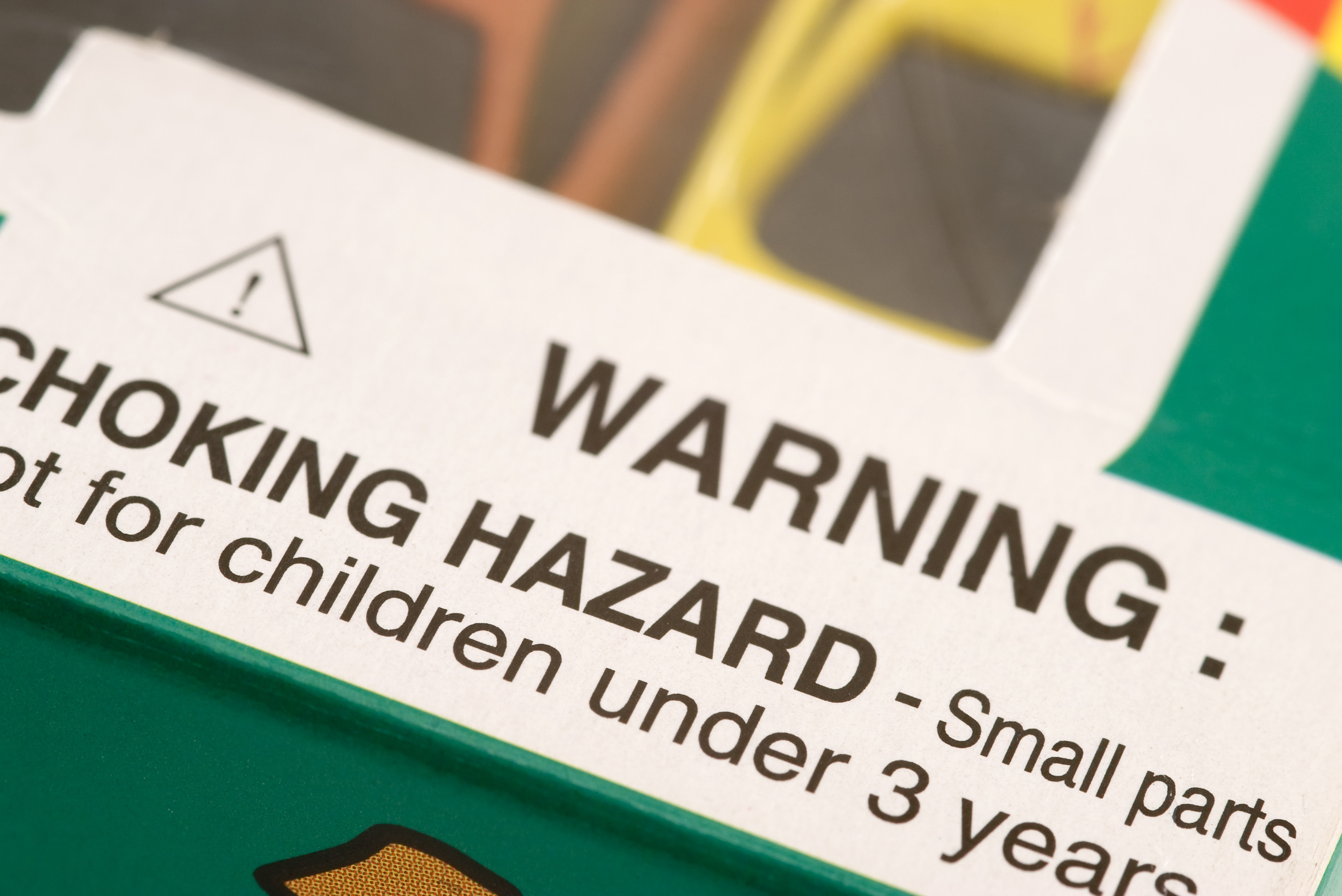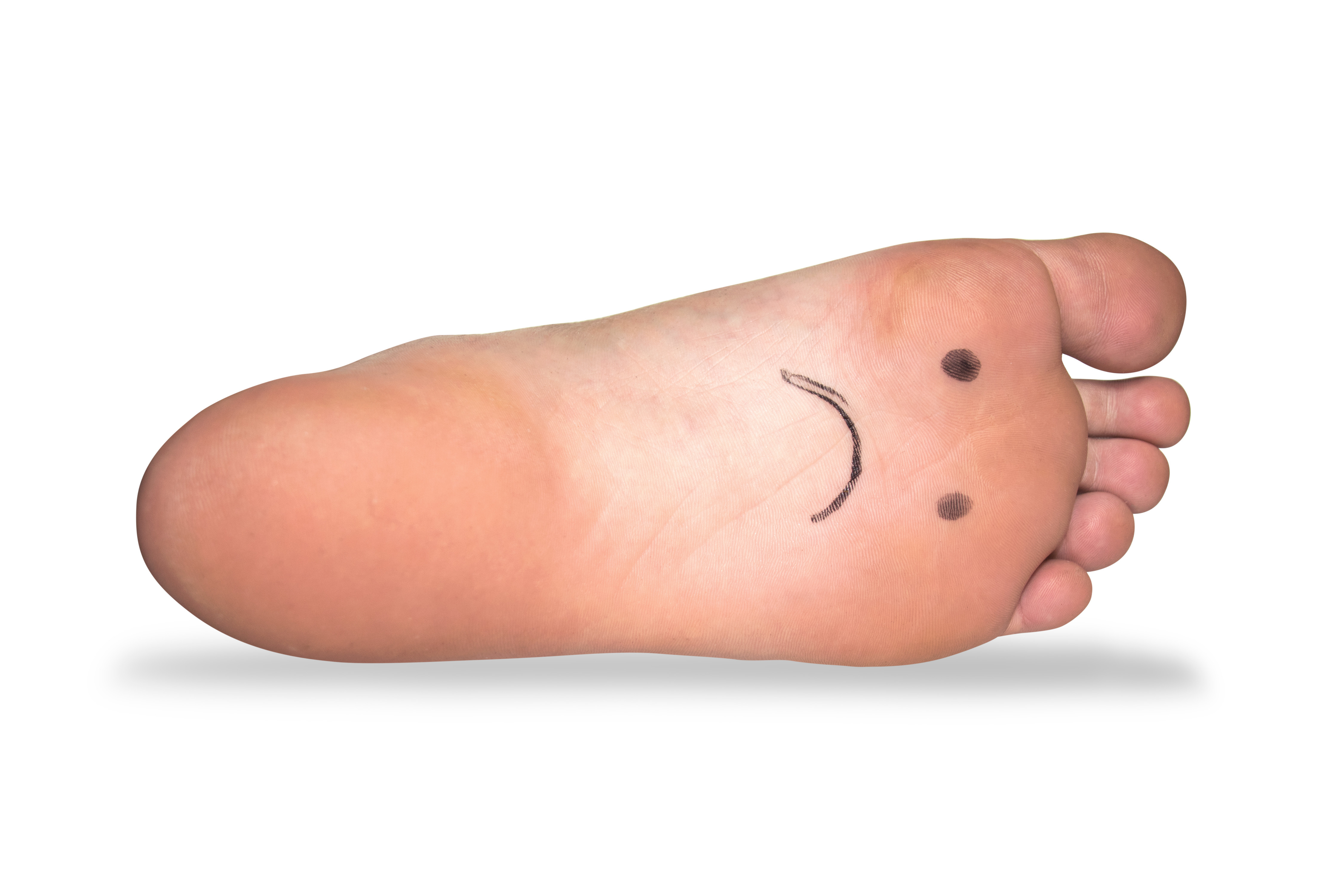
Counting steps is good — is combining steps and heart rate better?

Appendix pain: Could it be appendicitis?

Can saw palmetto treat an enlarged prostate?

How does Ozempic work? Understanding GLP-1s for diabetes, weight loss, and beyond

Zinc: What it does for the body, and the best food sources

Respiratory health harms often follow flooding: Taking these steps can help

Tips to leverage neuroplasticity to maintain cognitive fitness as you age

Can white noise really help you sleep better?

Celiac disease: Exploring four myths

What is prostatitis and how is it treated?
Harvard Health Blog
Read posts from experts at Harvard Health Publishing covering a variety of health topics and perspectives on medical news.
Articles
Can an eye exam reveal Alzheimer’s risk?
New research considers whether certain eye conditions may help predict Alzheimer’s disease. The common link? Cardiovascular disease, which is partly preventable.
Healthy meals: 3 easy steps to success
Cannabis is medicine — don’t make it taste good
The increasing availability of cannabis-containing edibles has fueled debate about their safety. As emergency visits rise for treatment related to edibles, some common-sense thinking about how these products are packaged and sold is needed.
Court ruling curbs unfounded claims for memory supplement
In the US, supplements are not tested in the way prescription medicines are, and their manufacturers can make claims about their abilities that may or may not be true. But there are some rules supplement makers must follow, and the FDA's plan to revamp its regulation of dietary supplements is a step toward improving consumer protection.
Are certain types of sugars healthier than others?
A high intake of sugar is linked to an increased risk of obesity, type 2 diabetes, cardiovascular disease, and certain cancers. But whether some sugars are healthier (or worse) than others remains a question of interest to many.
Measles: The serious risks of falling vaccination rates
We think of measles as a minor viral infection in children that goes away without compilcations, but it can have complications, and they can be serious or even fatal. Here's how to protect yourself, your circle, and your community — and why you should
Public policies to stop kids from drinking sugary drinks
Concern about the amount of sugar in kids’ diets has led the American Academy of Pediatrics and the American Heart Association to encourage the consideration of steps to reduce the consumption of sugary drinks among children and teens.
Undoing the harm: Tapering down from high-dose opioids
The CDC’s Guideline on Prescribing Opioids for Chronic Pain helps doctors and patients manage treatment at safe levels and avoid dependence. Any plan to taper medication dosage should be personalized to the patient’s needs.
The latest deadly superbug, and why it's not time to panic
Infections from a drug-resistant fungus have been occurring around the world for the past decade. It's not cause for panic, but it's wise to understand the facts and ways to protect yourself.
5 ways we can help our children succeed
The recent college admission scandal has raised the issue of parents helping their children succeed. Regardless of where (or whether) someone goes to college, parents and other caregivers can help children learn the traits and skills that will help them learn how to find their way in the world.

Counting steps is good — is combining steps and heart rate better?

Appendix pain: Could it be appendicitis?

Can saw palmetto treat an enlarged prostate?

How does Ozempic work? Understanding GLP-1s for diabetes, weight loss, and beyond

Zinc: What it does for the body, and the best food sources

Respiratory health harms often follow flooding: Taking these steps can help

Tips to leverage neuroplasticity to maintain cognitive fitness as you age

Can white noise really help you sleep better?

Celiac disease: Exploring four myths

What is prostatitis and how is it treated?
Free Healthbeat Signup
Get the latest in health news delivered to your inbox!
Sign Up

























